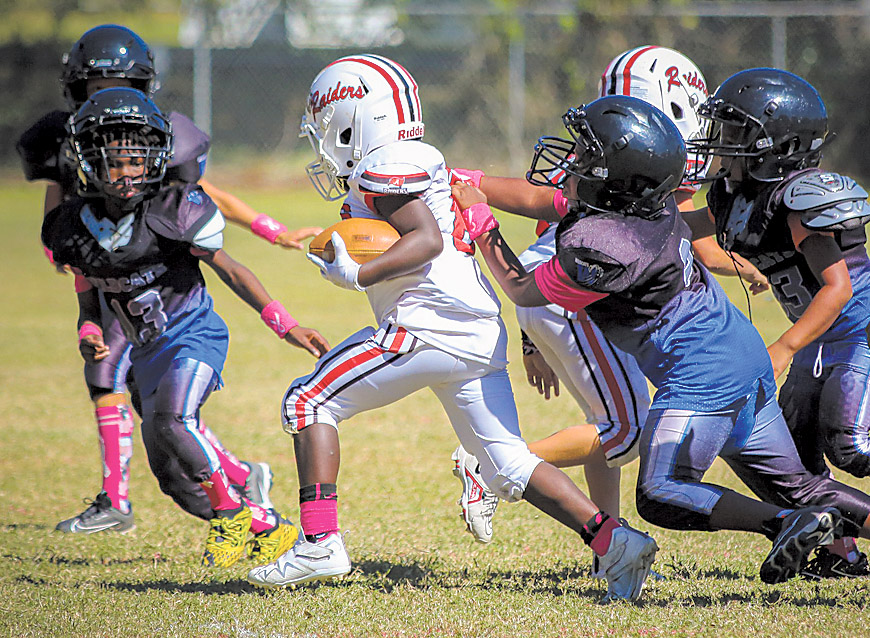“Right now, out-of-state and foreign businesses have a leg up on Florida retailers,” said Sen. Gruters. “Florida businesses will lose out unless we modernize Florida’s outdated tax system.”
Currently, out-of-state and foreign companies are able to capitalize on Florida’s outdated tax laws, which have not been modernized for the online sales era. They are not required to collect and remit sales taxes on purchases made in Florida, leaving the burden on the back of the consumer.
SB 126 and HB 159 fix this problem, restoring the free market and leveling the playing field for Florida businesses to compete.
“We know that Florida businesses provide jobs for Florida families and support Florida communities,” said Rep. Clemons. “But right now, Florida retailers are competing with two hands tied behind their back. This legislation will level the playing field for them to compete in a global marketplace.”
Florida retail businesses were in Tallahassee today as part of an advocacy day hosted by the Florida Retail Federation. Shannon Collins, Vice President of Badcock Home Furniture & More, spoke about the impact to Florida retailers.
“Badcock is proud to have more than 100 stores in communities all across our home state, along with a robust online shopping experience,” Collins said. “We stand with the Florida Retail Federation to bring a level playing field for our Florida-based business, so that we are able to compete in our state and across the nation without being penalized by an outdated tax system.”
“Currently, foreign companies are taking advantage of our outdated system, putting Florida businesses at a severe disadvantage,” said Scott Shalley, president and CEO of the Florida Retail Federation. “I’m hopeful the Florida Legislature will choose to back Florida businesses this session. Until they do, foreign companies will continue to win this fight.”The Florida Retail Federation was joined by the Florida Chamber of Commerce, Associated Industries of Florida, the International Council of Shopping Centers (ICSC) and Florida TaxWatch, who are advocating for the proposed legislation.
“Currently, our system in Florida puts the burden on the back of consumers. Many consumers purchase goods from out-of-state businesses not realizing that they are burdened with the cumbersome task of independently remitting the taxes they owe to the state on their own. And this system does not work,” said Dominic Calabro, TaxWatch President & CEO. “Every state in the nation but two – Florida being one of them – have fixed this problem. Now, we need to catch up. This legislation can put the burden where it belongs—on the seller.”
“Closing the internet sales tax loophole will help ensure Florida’s brick and mortar retailers remain competitive, and will do so without creating a new tax,” said David Hart, Executive Vice President, Florida Chamber of Commerce.
“Florida, as one of only two states that has not updated its tax laws for online retail, is not promoting the economic climate for our businesses on Main Street to be successful and competitive,” said Brewster Bevis, Senior Vice President of State and Federal Affairs for Associated Industries of Florida. “We must move this legislation forward to help our businesses right here at home instead of leaving them at a disadvantage to foreign companies.”
“A sale is a sale regardless if it takes place on Main Street or on the Internet,” said Jennifer Platt, Vice President for Federal Operations for ICSC. “Retail sales support millions of jobs across our state, and a fair tax structure will help provide for our communities’ needs.”
Florida Retail Business Owners Call on Legislature to Restore the Free Market
Tools
Typography
- Font Size
- Default
- Reading Mode




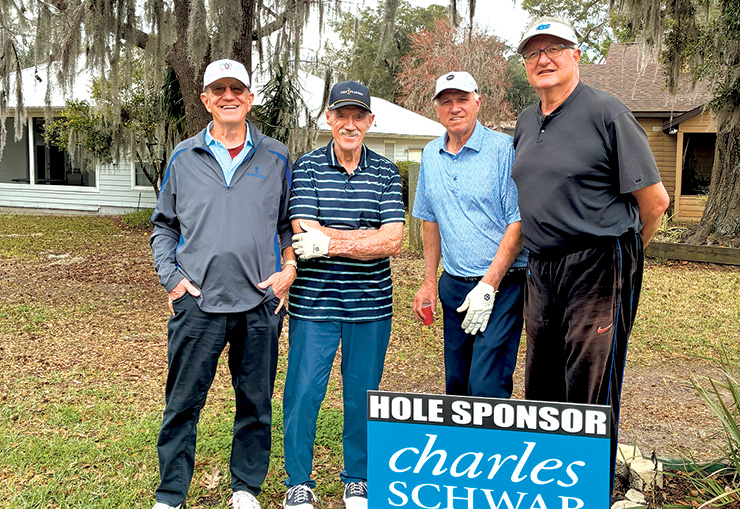
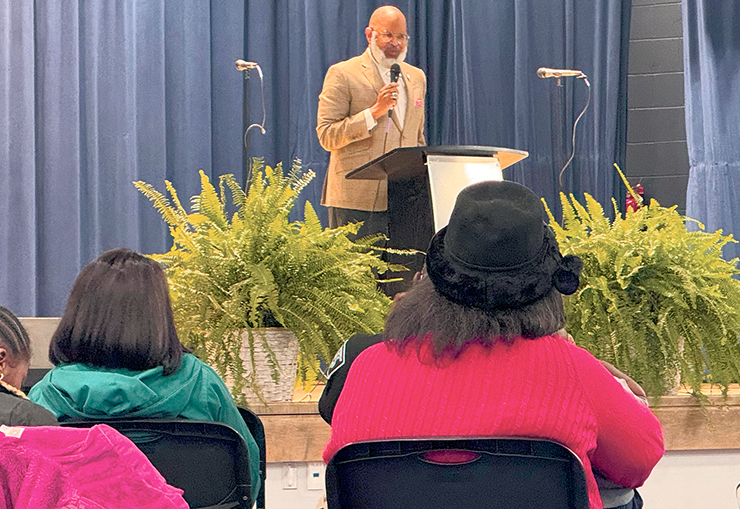

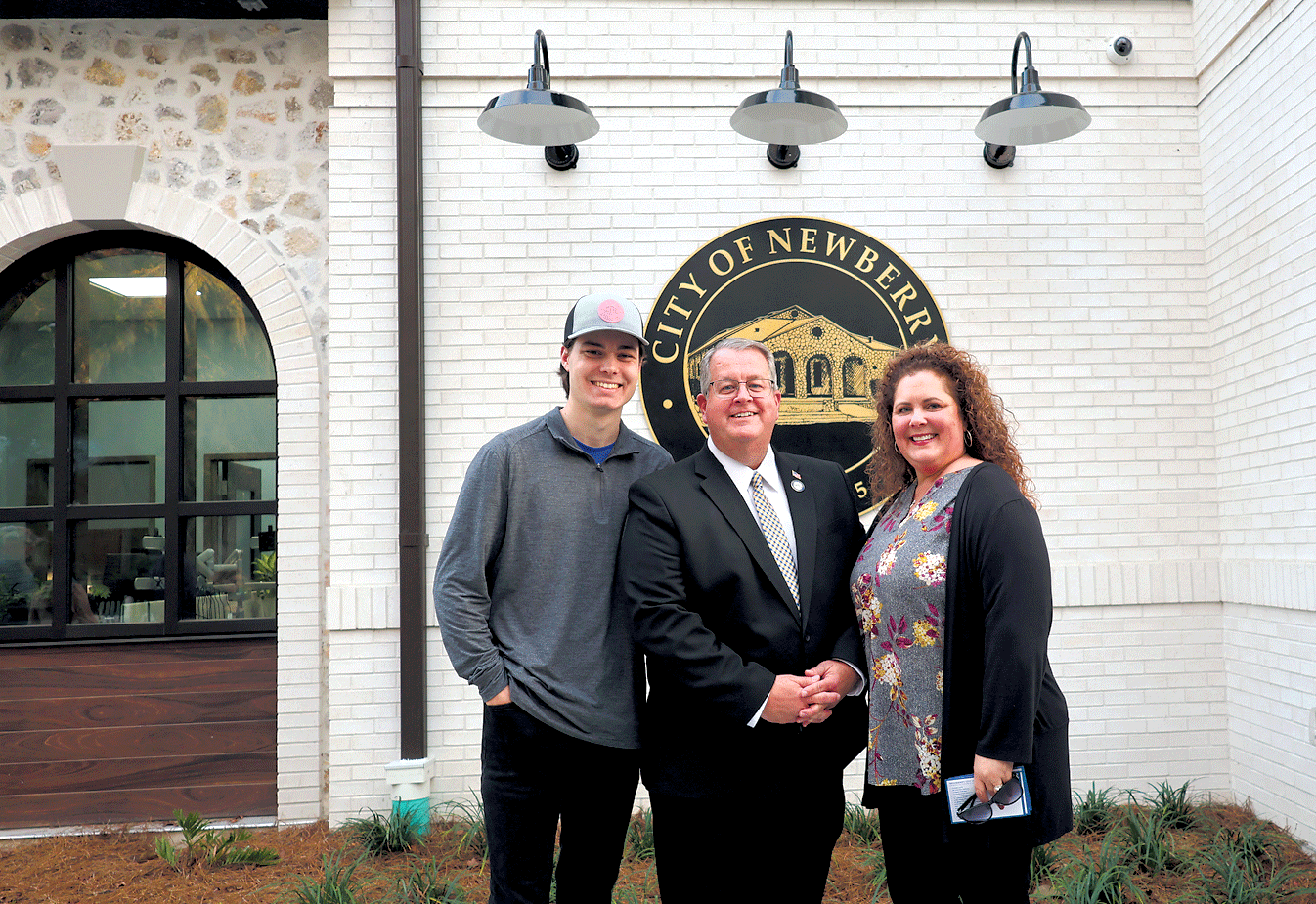
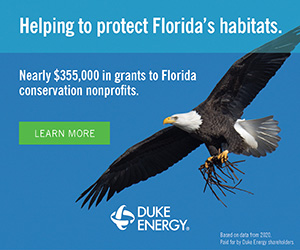

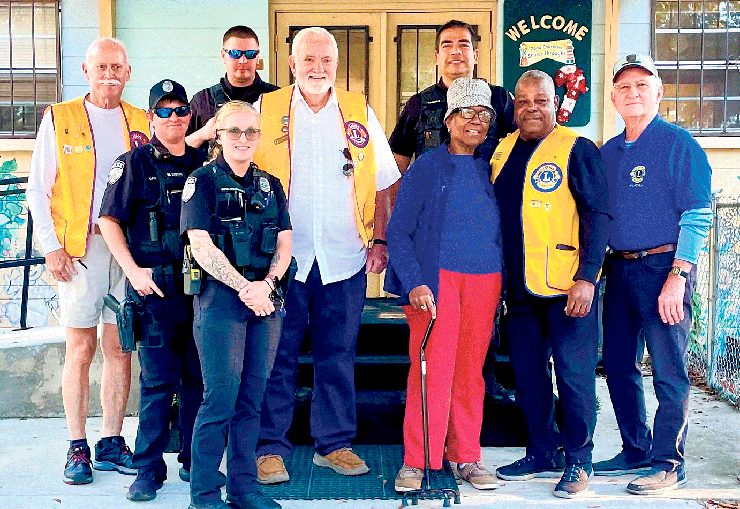



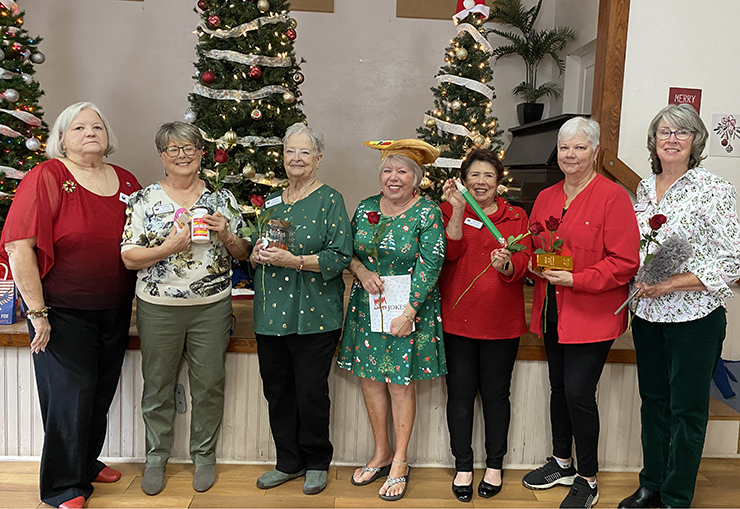
 Williams joined the department in 2023 and is currently assigned to the Criminal Investigations Division. In that role, she works alongside local law enforcement partners in the Internet Crimes Against Children (ICAC) Unit, where the department said her “dedication, expertise, and persistence help protect the most vulnerable members of our community.”
Williams joined the department in 2023 and is currently assigned to the Criminal Investigations Division. In that role, she works alongside local law enforcement partners in the Internet Crimes Against Children (ICAC) Unit, where the department said her “dedication, expertise, and persistence help protect the most vulnerable members of our community.”
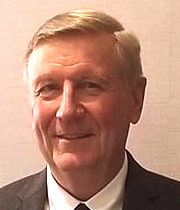 Using an inhaler seems straightforward, but it’s actually a high-precision task. If the technique isn't quite right, the medication often ends up hitting the back of your throat instead of reaching your lungs where it’s needed.
Using an inhaler seems straightforward, but it’s actually a high-precision task. If the technique isn't quite right, the medication often ends up hitting the back of your throat instead of reaching your lungs where it’s needed.

